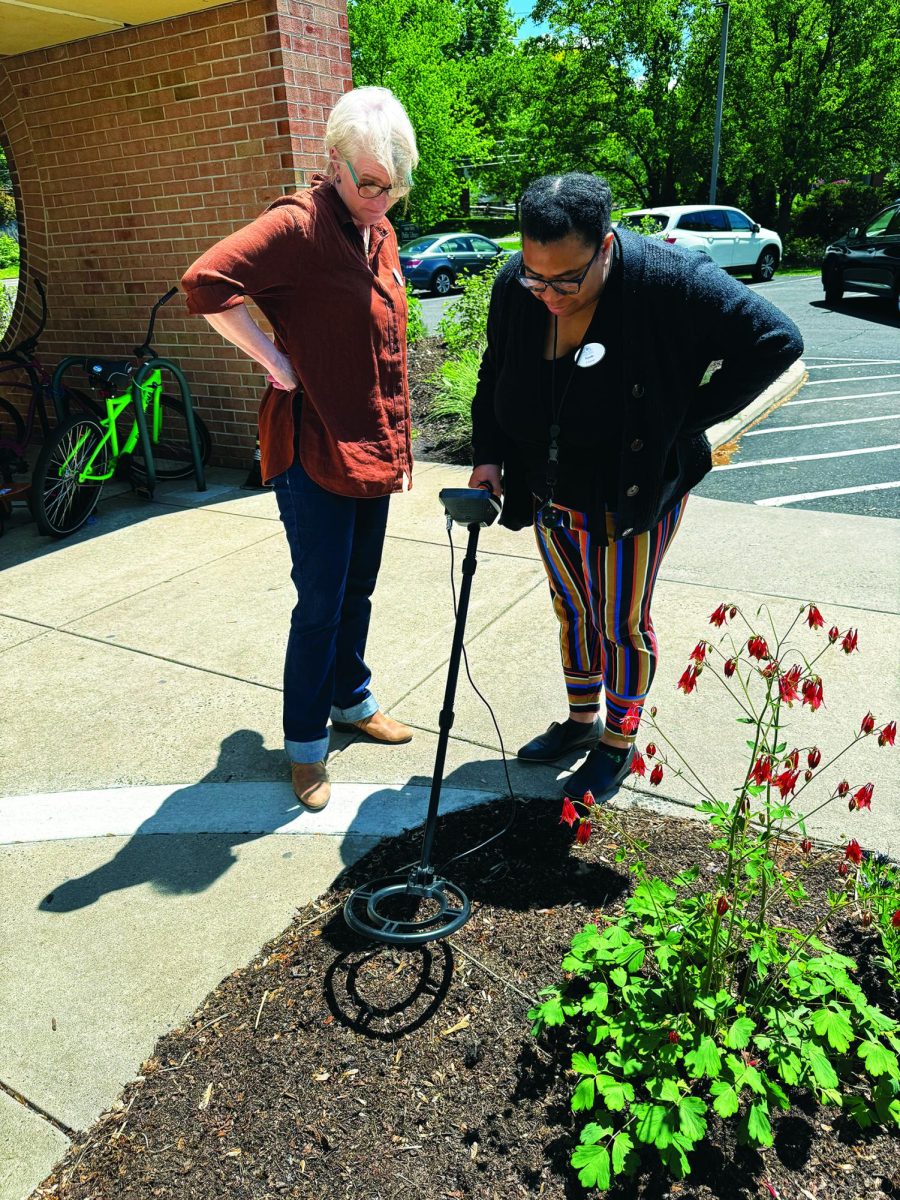Citing COVID-19 reforms and arbitrary donation disparities, the Trump Administration pulled the US from the WHO on January 20, on the first day of his second term, in Washington DC, through executive order.
Trump signed a series of executive orders that day, initiating his first of many acts as president. Withdrawal from the WHO drew out mixed responses from the American public.
Kostiev said that withdrawing from this organization is “a huge problem.” He thinks we should all invest in organizations like the WHO and the CDC. Many can get sick by just a cough at the airport, which is why we should need organizations like these to monitor illnesses.
“Prepare to get sick,” Kostiaev said.
According to Johns Hopkins Bloomberg School for Public Health, the WHO is a specialized agency involved in medical research, detection and monitoring of health threats, assisting with humanitarian responses and much more on a global scale.
Many Americans note the socioeconomic consequences of the WHO Withdrawal, discussing its impact on other countries in addition to the US.
“They’re funded proportionally [based on] GDP,” Assistant Teaching Professor at Drexel University Sergei Kostiaev said.
“Since the US is 25% of global GDP, withdrawal from this organization means the budget is going to be cut by that amount. That means they are going to fire a bunch of people who are doing really important work on monetary and global diseases.”
Many bring up the impact on public health, on a domestic and global scale: the loss of support and resources, the impact on third-world countries, etc. Some show concern towards the future.
According to Kostiaev, the US is less prepared for another pandemic due to the heavy politicization of COVID. This, in turn, “ostracized” those working in public health, causing many to quit. For the US, the WHO is adding to “an already defunded public health system.”
Criticism accompanied support for the US’s withdrawal, with some attributing overwhelming support due to fear.
According to senior Emelia Messina, she believes that sharing resources is not a show of weakness, stating that it is helping rather than “hindering.”
“We shouldn’t be fighting or having these issues with other countries,” Messina said. “We should be helping each other and advancing technology.”
Some view sentiment toward public health becoming more individualistic, especially in comparison to Canada and other European countries.
“In most developed countries, healthcare is considered a right,” Kostiaev said. “In the US, healthcare is considered a commodity.”
Messina said that she believes that our withdrawal may demonstrate an unwillingness to share ideas and opinions on health with other countries as we are removing ourselves from the global sphere.






